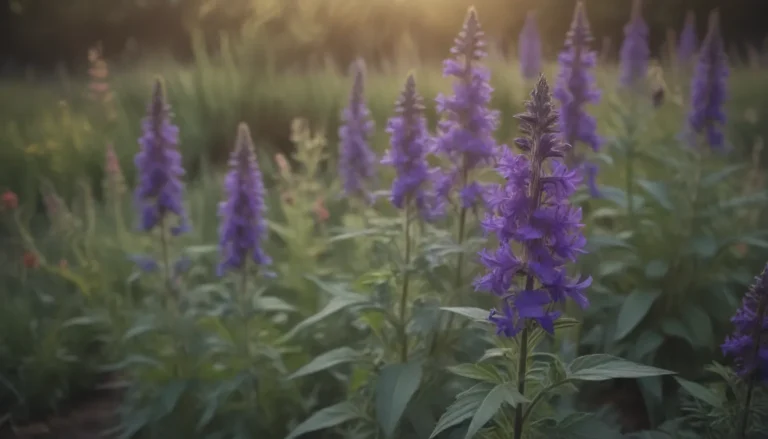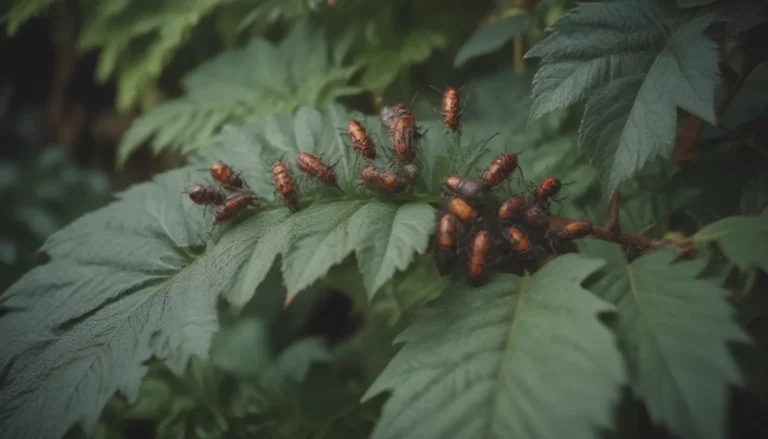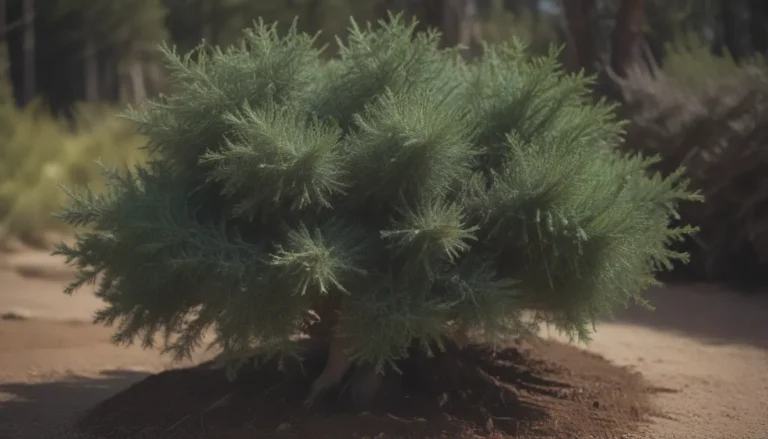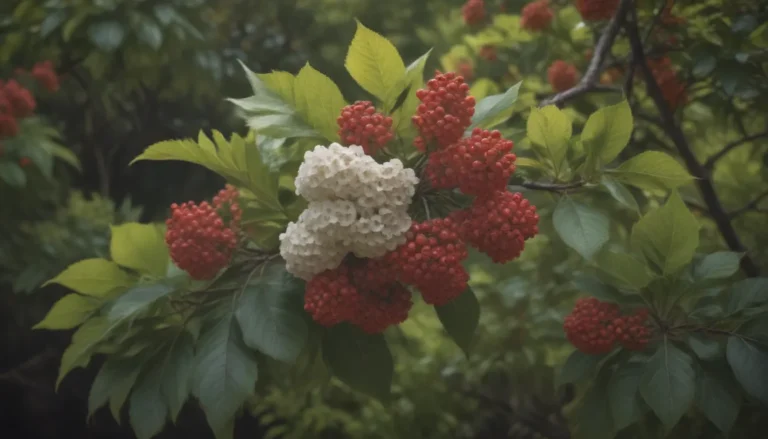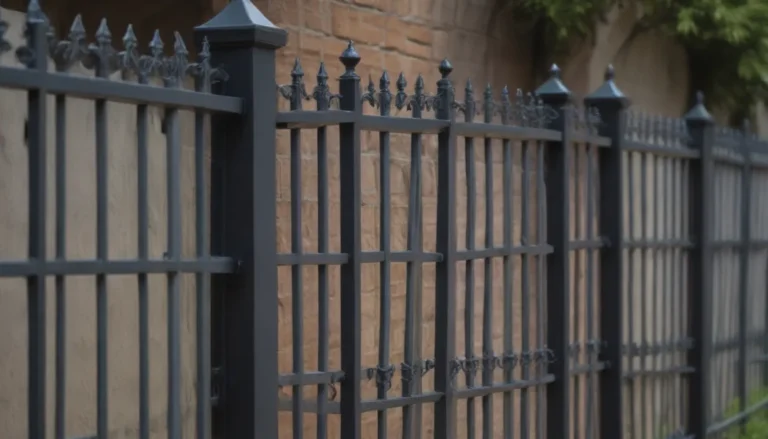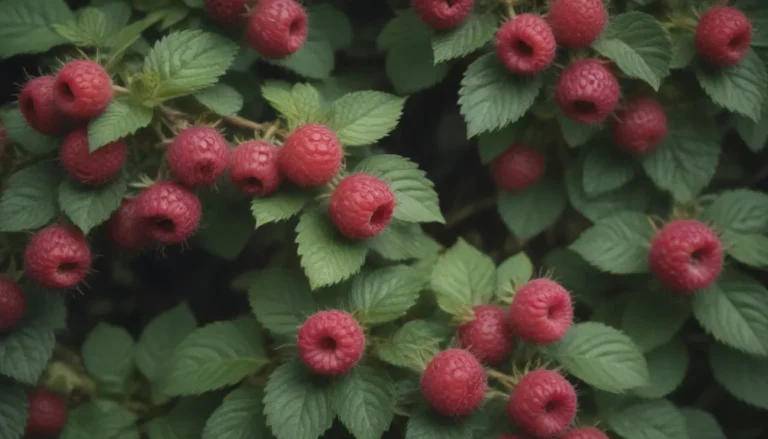Understanding the Difference Between Compost and Mulch
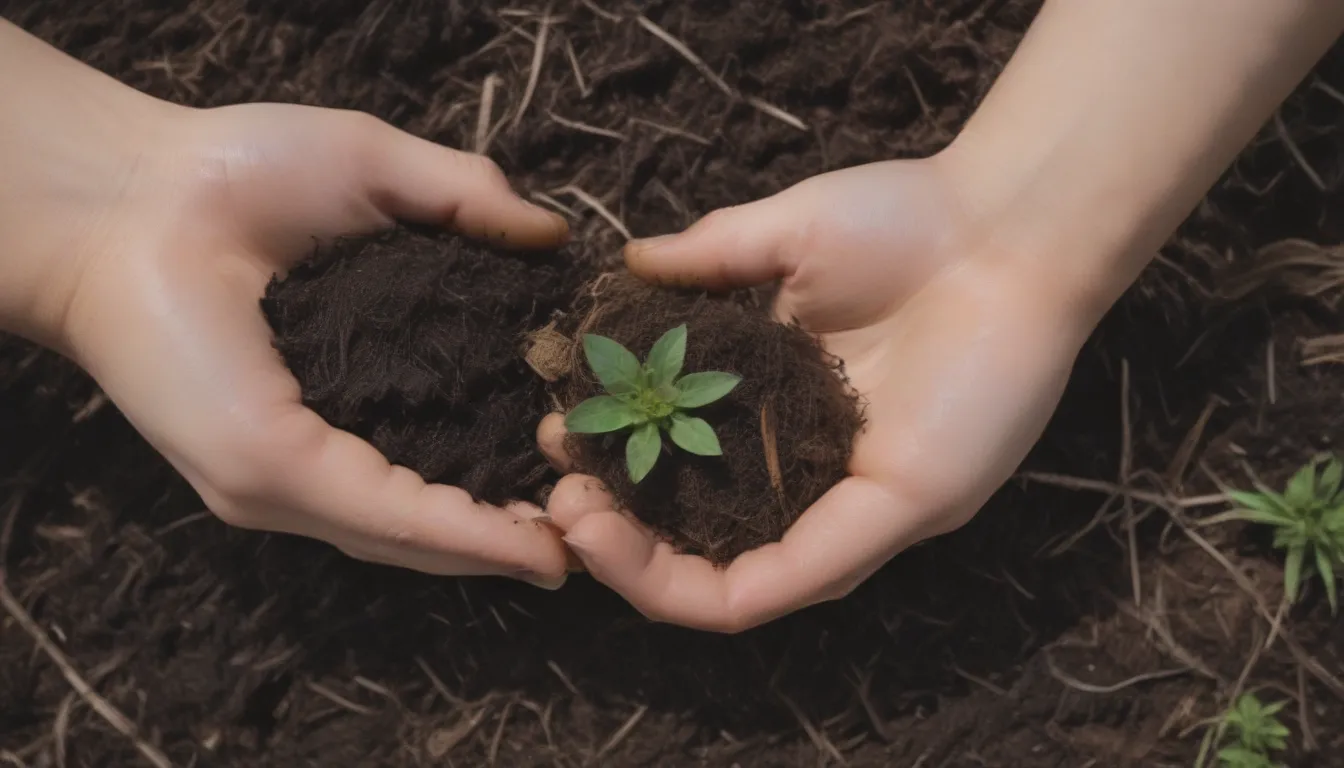
When it comes to maintaining a thriving garden or landscape, two key components are compost and mulch. While both play important roles, it’s essential to understand the differences between the two and when to use each for optimal results. Using them interchangeably can have negative effects on your soil and plants. Let’s delve into what sets compost apart from mulch, the various uses for each, and when a combination of the two is beneficial.
What Sets Compost Apart?
Compost is organic material in different stages of decomposition. It can consist of a variety of items such as kitchen scraps, grass clippings, leaves, manure, weeds, and plant debris. The key is to ensure that the compost does not contain any plant diseases, insects, or chemicals that could harm your garden. The decomposition process for compost can range from as little as two weeks to up to two years.
Achieving the proper balance of green and brown materials in your compost pile is crucial. Factors such as moisture levels, aeration, turning the pile, size, ambient temperature, and the presence of worms and microorganisms all play a role in the decomposition process. Once fully broken down, compost transforms into organic matter known as humus. At this stage, the compost is dark brown, crumbly, soil-like, and emits an earthy smell.
Uses for Compost
Compost is considered the ultimate form of recycling as it returns essential nutrients back to the soil in a form easily absorbed by plants. However, relying solely on compost as a fertilizer may not be enough, especially in depleted soils like those found in vegetable gardens. Targeted application of nutrients in the form of fertilizer may also be necessary.
In addition to providing nutrients, compost serves as a valuable soil amendment. It helps enhance soil health by improving texture. For instance, in heavy clay soils, mature compost helps loosen up the dense texture, making it easier for plants to thrive. Similarly, in sandy soils, organic matter retains water and nutrients, preventing them from washing out quickly.
Understanding Mulch
Mulch, on the other hand, refers to any material used to cover the soil surface. While all compost is organic material, not all mulch fits this criteria. Common organic mulches include wood chips or shavings, bark, pine needles, hay, straw, and grass clippings. Synthetic mulches like rubber or plastic sheeting are also available, but it’s important to note that these may not decompose and can harm the environment.
Uses for Mulch
Mulch serves several important purposes in the garden, including retaining moisture, controlling weeds, and enhancing visual appeal. By covering the soil surface, mulch helps prevent water evaporation, reducing the need for frequent irrigation. The effectiveness of mulch in weed control varies based on the type of material used—the denser the mulch, the better it suppresses weed growth. Additionally, mulch adds a neat, tidy appearance to garden beds.
Can You Use Compost and Mulch Interchangeably?
Because compost and mulch serve different purposes—fertilization and soil covering, respectively—it’s generally not recommended to use them interchangeably. While organic mulches enrich the soil over time, some materials like bark may decompose slowly. Fresh plant material, on the other hand, can stress plants by competing for nitrogen during decomposition.
Tip
- Grass clippings and other fresh plant materials should not be piled directly onto garden soil. However, returning them to the lawn for decomposition is beneficial, as the clippings are spread out and less dense.
Using not fully decomposed organic materials as mulch can lead to issues like moisture buildup and root rot. For example, piling up whole leaves without chopping them prevents air and water from reaching the soil, potentially causing fungal diseases.
Knowing When to Use Compost vs. Mulch
The choice between compost and mulch depends on your specific goals for your garden. If you aim to enrich the soil with nutrients and improve texture, incorporating mature compost into the topsoil is the way to go. On the other hand, if your priority is weed control and moisture retention, applying a quality mulch will do the trick. For optimal results, consider using both compost and mulch in your garden beds to reap the benefits of both.
In conclusion, understanding the roles of compost and mulch in your garden is essential for maintaining healthy soil and thriving plants. By utilizing both effectively, you can create a balanced ecosystem that promotes growth and vitality. So next time you’re tending to your garden, remember the importance of compost and mulch in achieving your gardening goals.
